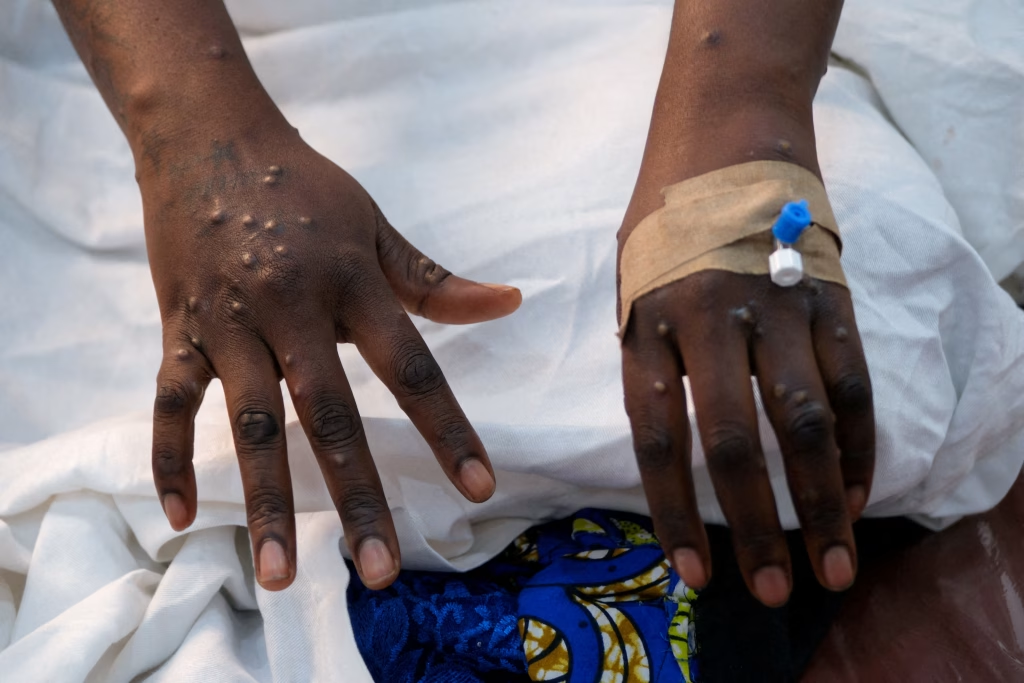Liberia’s public health authorities have reported 69 active cases of Mpox across the country, with no associated fatalities as of May 31, 2025. The National Public Health Institute of Liberia (NPHIL) confirmed the figures following laboratory testing by the National Reference Laboratory.
In response, NPHIL and the Mpox National Incident Management System (IMS) have issued a public health advisory to contain the outbreak and prevent cross-border transmission.
Dr. Dougbeh Chris Nyan, Director-General of NPHIL and Chair of the Mpox IMS, noted the presence of both Clade IIa and Clade IIb strains of the virus circulating in Liberia. “These variants are also present in neighboring countries and are known for their high transmissibility,” he said.
Mpox, a viral disease transmitted from animals to humans and between individuals, spreads primarily through direct contact, particularly with lesions filled with pus. Health experts emphasize the importance of early detection and community awareness to limit exposure.
“Our response draws on experience from previous outbreaks,” Dr. Nyan stated. “We are coordinating closely with health agencies in the region. The public should remain alert but not alarmed.”
To limit the virus’s spread, NPHIL is advising the public to steer clear of anyone exhibiting suspicious rashes or symptoms. Regular hand hygiene, safe sexual practices, and immediate reporting of suspected cases are strongly recommended. Anyone experiencing unusual skin lesions should seek medical help promptly.
NPHIL also encourages institutions—including schools, religious centers, and businesses—to establish handwashing facilities and discourage large gatherings. Meanwhile, the Ministry of Transport is drafting new measures to reduce crowding on public transit.
“This situation calls for collective action,” Dr. Nyan emphasized. “Preventing community transmission is possible if everyone adheres to the safety guidelines—from classrooms to marketplaces.”
Despite the growing number of confirmed cases, Liberia has not recorded any deaths linked to the outbreak. Health authorities attribute this to timely diagnosis and effective coordination between national and international health agencies.
Established in 2016 to address major health threats such as Ebola and COVID-19, NPHIL continues to play a central role in Liberia’s disease response efforts. Dr. Nyan underlined the importance of regional cooperation, especially given frequent travel within the ECOWAS region.
“Liberia’s health infrastructure has evolved through past crises,” he said. “We are putting those lessons into practice—and the public’s cooperation remains essential.”
As surveillance intensifies nationwide, officials urge citizens to rely on verified sources of information and comply fully with all health advisories.



